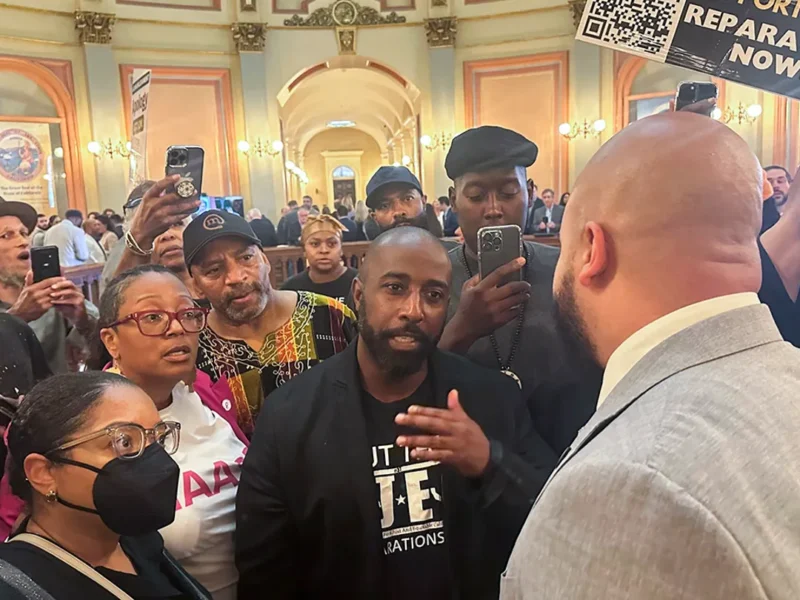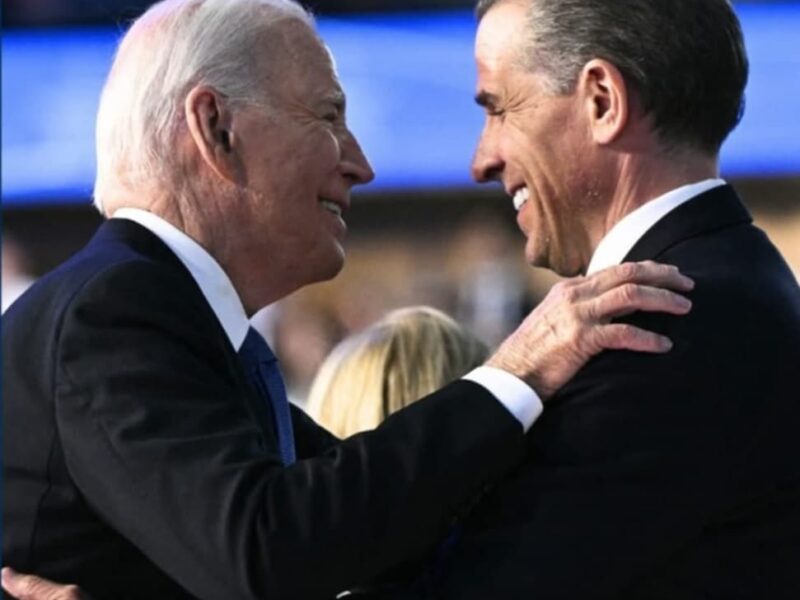Brexit Maneuvres
Although a hard deadline looms, Brexit’s fate remains as uncertain today as it did on June 23rd of 2016, when a majority of British voters decided to depart the European Union in an unprecedented national referendum. Prime Minister Boris Johnson has taken equally unprecedented steps to bring about a “Hard Brexit,” and his opponents have likewise maneuvered to avoid it. Will the United Kingdom remain part of the European Union, in full or in part, or will it depart and reorient itself back to the Commonwealth and global trading partners? Who will prevail in this contest of economic orientation?

Prime Minister (PM) Boris Johnson prevailed in the recent Conservative (Tory) Party leadership contest that followed former Prime Minister Theresa May’s resignation. He has been an outspoken supporter of Brexit right from the start, and now represents a strong, pro-Brexit majority among Tories. The previous PM’s attempt to chart a course of “via media” between the European Union and a complete Brexit came to nothing, as her plans were brought to embarrassing defeat after embarrassing defeat before the House of Commons, mostly because these deals would have left the UK subject to EU economic regulation even as the UK would lose its say over what those regulations were to be. Johnson has come to office to offer decisive leadership. Nevertheless, he faces stiff opposition from within his own party and from the greater number of Members of Parliament. The European Union (EU) has extended the deadline for Brexit to October 31st, and that deadline comes closer by the day. In an effort to bring on a “Hard Brexit” the Prime Minister sought the Queen’s assistance. She agreed to prorogue (suspend) Parliament until the middle of October, which would prevent them from interfering with his Brexit policy; or so he thought.
Opponents of Brexit claim that departing the EU without some form of mutually agreed deal would be an economic disaster. With this as their casus belli, they have voted to assume control of the agenda, against the PM’s will, and passed a law requiring the Prime Minister to beg an extension of the Brexit deadline from the European Union. Fearing this was not enough, they tried to restrain the Speaker of the House of Commons in his chair last Friday to prevent his departure from the chamber. His departure being the ceremonial and formal moment at which the prorogation began. When several Conservatives voted with the opposition to assume control over the agenda, the PM kicked them out of the party. Several have joined the Centre-left, Remainer Lib-Dem Party. Their efforts may have been all for naught: the law they passed may require the Prime Minister to ask for an extension, but the European Union is in no mood to offer one.
Several leaders in Europe have expressed the opinion, in one form or another, that Hard Brexit is inevitable. Finish Prime Minister Antti Rinne, for example, recently stated he does not see any solution other than “Hard Brexit.” The Taoiseach (Prime Minister) of Ireland Leo Varadkar who has stated his willingness to negotiate over the question of Northern Ireland after a Hard Brexit, indicating that he sees this circumstance as imminent. Northern Ireland wishes to retain its open border with the Republic of Ireland and to retain its close trading relationship. The Northern Irish Democratic Unionist Party, (DUP) whose votes are even more critical to the Prime Minister whose majority has evaporated in the recent rebellion, wants to retain Northern Ireland’s close ties to both the UK and Ireland and will not compromise in either direction. This so called “Irish Backstop” has been a key sticking point on the question of Brexit for some time.
The Prime Minister has tried to bring on new elections in the wake of recent events. Unfortunately, under the Fixed Terms Parliament Act of 2011, pushed by then Tory Prime Minister David Cameron, early elections held at any time before the expiration of the nominal 5-year term of the House of Commons requires 2/3rds approval. His efforts in that area have thus failed. The leader of the opposition, Labour MP Jeremy Corbyn, has stated he will support early elections only if the Brexit deadline is extended. One wonders what the opposition has to fear? Why must they have an extension? Are they afraid British voters will back the Tories and grant them a majority and a mandate for Hard Brexit? That is one likely outcome of early election, which is why the opposition is trying to rig the game.

Elections are a dangerous prospect for all involved. To his right, Boris Johnson and his Conservative Party could face a challenge from Nigel Farage’s Brexit Party. Farage was one of the original proponents of Brexit and is seen as its public spokesman. He formed a new Party for the European Elections held earlier this year in which his party received first place. If the Conservatives are seen as weak kneed on Brexit, Farage will be happy to seize the reigns. Polls have shown the Brexit Party could, conceivably, unseat the Tories as the largest party in Parliament over the matter of Brexit. Johnson is thus all the more motivated to seek Brexit with all the passion and verve he can muster.
Nor is this prospect of elections a positive for the main opposition party. Labour leader Jeremy Corbyn is extremely unpopular. He is seen as representing the extreme left and has been accused of overt antisemitism—a charge that sticks. He has solid control over his party having placed his own lackies in key positions throughout the organization. There is little chance that Labour can unseat him to replace him with a more palatable leader. Worse still, Labour has been seen as lukewarm on its Brexit policy as well. Corbyn has tried to have it both ways on the issue leaving many voters unimpressed. The Lib-Dems, on the other hand, have been explicit in their opposition to Brexit from the start. They have supported a new referendum on remaining in the European Union for some time; while Labour has been slow to embrace this position. In early elections, could leftwing voters bolt from Labour extremism and oscillation on Brexit in favour of the Lib-Dems? Anything is possible.
What will be the outcome of this situation? It is difficult to say. In all likelihood, a Hard Brexit will take place one way or another on October 31st.
The EU Titanic
The argument that the British economy will suffer a catastrophe as a result of Brexit is a falsehood of epic proportions. The UK has a strong consumer economy and will be able to continue its trade with its global trading partners unhindered by EU regulation. In fact, its trading relationships with commonwealth countries, Britain’s former colonies, would improve considerably. President Donald Trump is a friend of Boris Johnson and a supporter of Brexit. He has offered to ease trade restrictions with the UK. Meanwhile, the European Union continues to move slowly and inexorably toward recession. EU central banks are engaged in significant stimulus efforts in an attempt to avert a recession. Inflation is headed in the negative direction which means the EU could face a deflationary spiral where rising currency values stifle investment, encourage savings, and increase the value of debt and debt service. It is the European Union that is headed for an economic catastrophe of titanic proportions and the UK is boarding the lifeboat just in time. That is, if Prime Minister Boris Johnson can pull it off.







